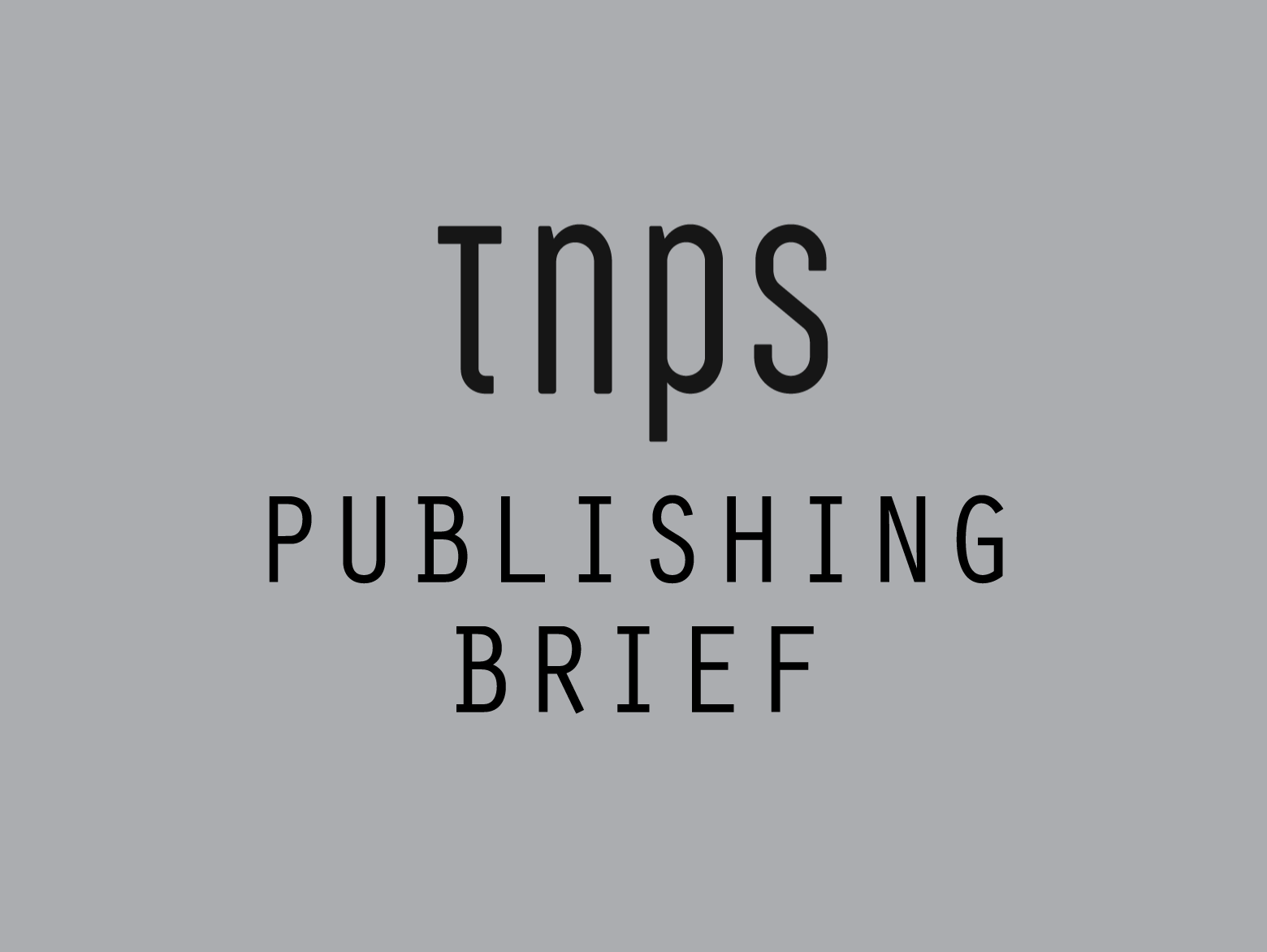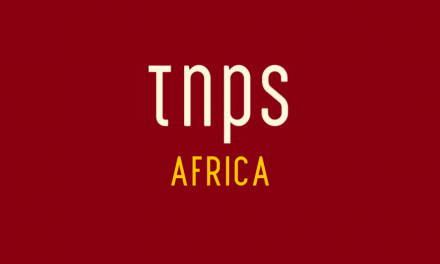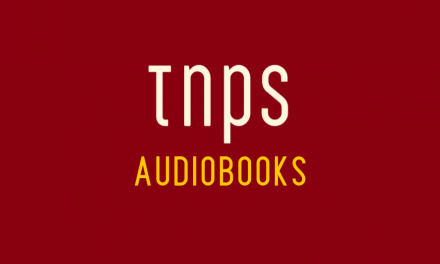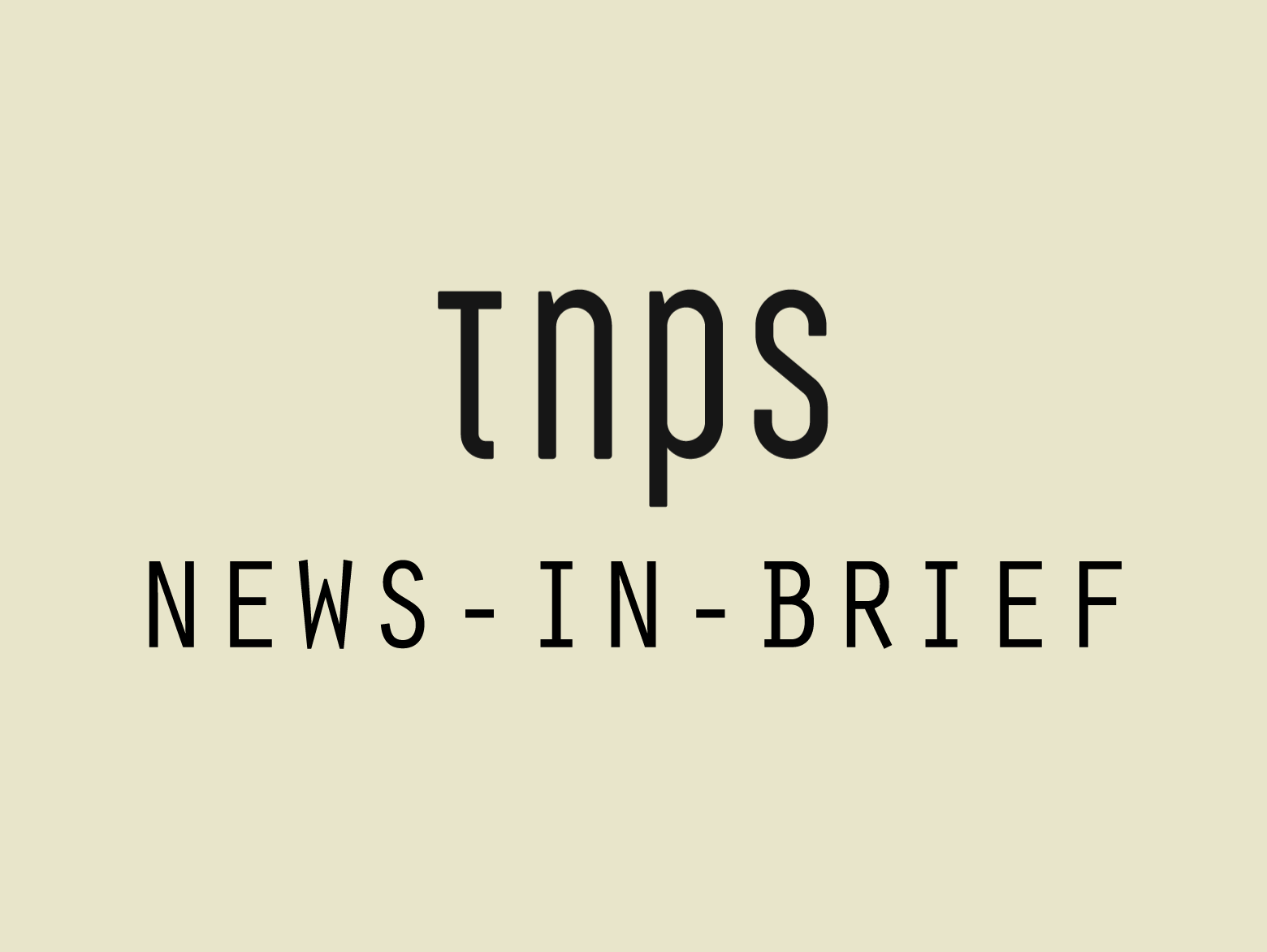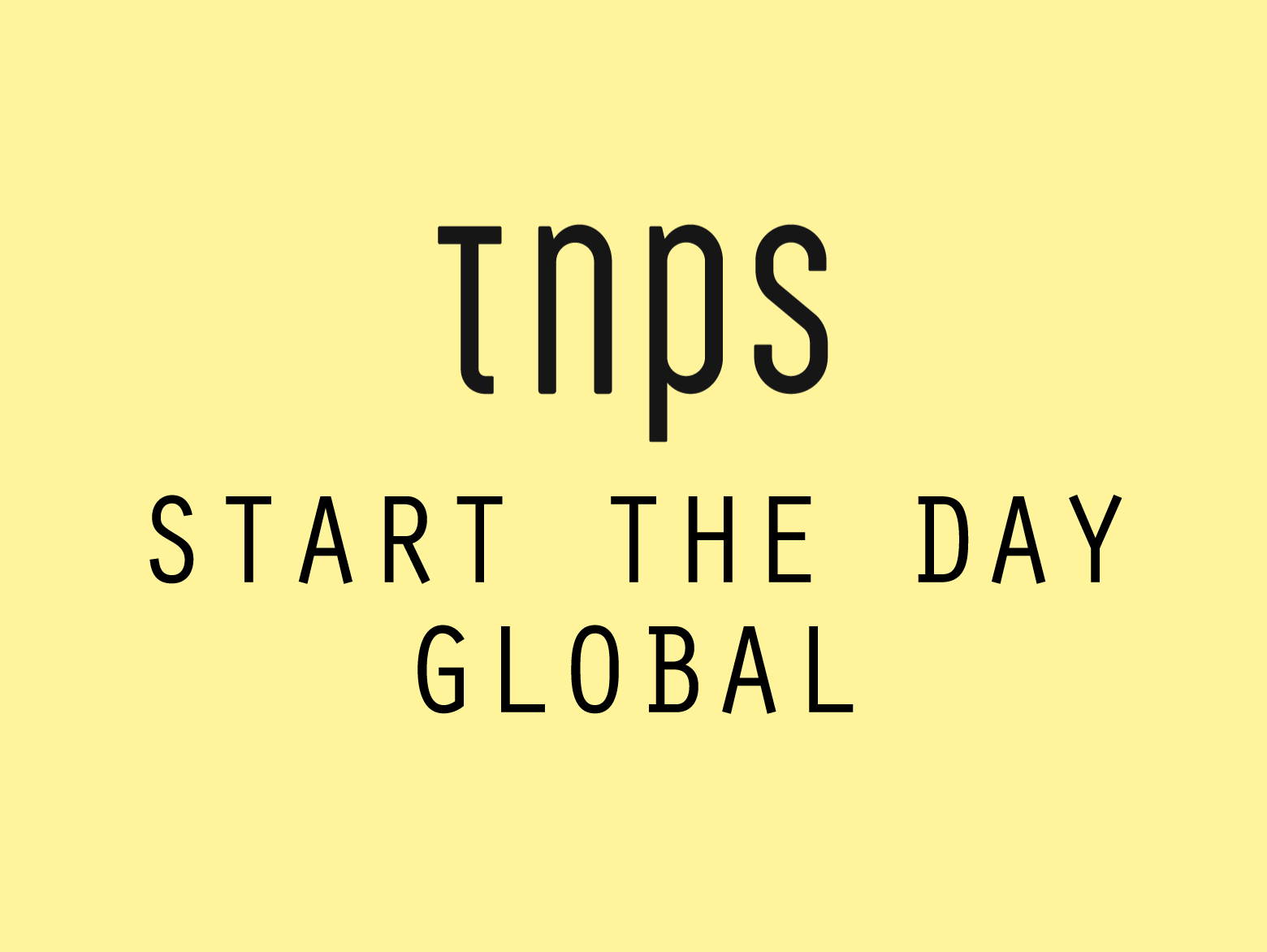“They have the internet in Africa?”
It’s a rhetorical question I’m often asked. Rhetorical because those asking it have just realised I’m posting on the internet from West Africa.
The surprise is understandable.
If and when we think of Africa, the antiquated Victorian term the Dark Continent may well spring to mind. Not, I hasten to add, as a reference to the continent’s indigenous population, but used in the same way we refer to the post-Roman pre-Medieval period in European history as “the Dark Ages.” Dark as in little-known.
Fast forward a century and for many, Africa remains an unknown quantity – a distant land that only makes it on our rich First World radar when extreme famine or a potentially pandemic disease like ebola briefly makes the headlines.
As (by definition if you are reading this) internet users, and (also by definition if you are reading this) as authors and publishers we probably think of Africa as the last hold-out of the pre-internet era, and the last place to look for readers.
But it’s a funny old world, where logic is turned on its head and facts so obvious they don’t need stating turn out to be facts no longer.
Africa and the internet is a fine example.
Someone e-remarked to me recently, “I’ll bet there are more people on my street connected to the web than there are online in the whole of Africa.”
“Africa’s a big place,” I say.
“Not as big as America,” comes the assured response.
At which point I usually send along this graphic.
Yep, the USA would fit comfortably inside the Sahara Desert, and we could fit the mainland USA, western Europe, Japan, China and India inside Africa.
“Ah, but do they have the internet there? Apart from you, I mean, and you’re not normal.”
Yeah, a lot of people say that. But about the internet thingy.
No question the internet has been slow to come to Africa, and in pre-mobile days it was pretty much non-existent. But mobile changes everything.
Today Africa has more internet users that the USA, Canada and Mexico combined. No, seriously.

Africa has more internet users than North America
And while North America is at 88.1% penetration, with most of the leeway courtesy of Mexico, Africa has barely begun its internet journey, with internet penetration at just 31.2% as of June 2017..
But of course it’s not an even distribution of internet wealth. While some countries are far ahead (Nigeria has more internet users than either the UK, Germany, France or Italy has people and Kenya has more internet users than Australia) much of the continent, while connected, still faces slow connections and (by African standards) expensive data-plans, making the internet less usable than it might otherwise be.
Enter, stage left, Google.
On the Google Africa blog this week Hassan Abyaneh notes, “nearly 40% of people with Android devices may have a slow or delayed experience while they’re on the web due to insufficient RAM (random access memory) on their device.”
While some lucky folk like me can afford an outdoor antennae and a 4G LTE connection direct to my laptop (which on a good day is worth the money) it’s no surprise that on the economically poorest continent on the planet most people here aren’t using the latest high-end smartphones with enough computing power to run a manned spaceflight to Mars.
Smartphones here, while in abundance (try finding an adult that doesn’t have one) are cheap and cheerful. Functional, and more than adequate to download and read an ebook, but not ideal for wider internet access.
But now, says Google as they unveil their latest initiative to get Africa meaningfully online, “for most of Africa, when you search on Google with a low RAM device (512MB of RAM or less) via the Google App, Chrome or Android browser, webpages that you access from Google’s search results page will be optimized to load faster and use less data.”
The benefits? “Pages load three times faster and use 80 percent less data. Traffic to webpages from Google search also increased by up to 40 percent.”
And that’s not guesswork. This is already happening in Nigeria, where Google has been focussed with its Africa Online strategy, and elsewhere – Indonesia, India and Brazil.
What this means is that more Africans will be using their smartphones and are more likely to discover ebooks and e-reading.
Only, most of them won’t be able to even see, let alone download ebooks from, Amazon or Apple, and Google Play has only two stores on the continent (South Africa and Egypt). Kobo, while in theory accessible, will send readers to the US site at US prices.
Leaving a handful of localised African ebook sites and the free-reading sites like WorldReader and Wattpad to choose from.
Hopefully Google Play will soon open more stores across the continent. Nigeria the strongest contender, with Morocco, Kenya, Ghana, Rwanda and Cote d’Ivoire in the running.
Google aside it’s unlikely any of the big American ebook players are looking seriously at Africa right now beyond South Africa, which means the African ebook game is wide open for an outsider to step in and run with this future-lucrative baton.
A reminder of those comparative numbers.
- North America internet users: 320 million at 88.1% penetration.
- Africa internet users: 388 million at 31.2% penetration.
It’s not rocket science to see the opportunities ahead.

